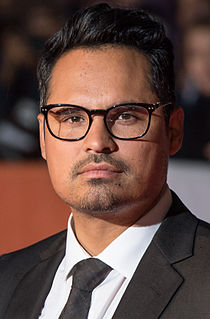A Quote by Johnny Depp
I can't stand not being able to joke around on set, so I have to.
Related Quotes
In the work of art the truth of an entity has set itself to work. ‘To set’ means here: to bring to a stand. Some particular entity, a pair of peasant shoes, comes in the work to stand in the light of its being. The being of the being comes into the steadiness of its shining. The nature of art would then be this: the truth of being setting itself to work.
I think most people don't really understand all that it takes to stand on your toes, and to be able to jump and land without any noise, or for a male dancer to be able to lift a girl. All of these things look so effortless, but there's an attention to detail and years of training, as well as being able to transform into a character and being able to meld all of those things together.
About a year after I moved to Los Angeles, I decided I wanted to be a joke writer for a late night talk show. So I met with a late night joke writer and he told me that I should start by doing stand-up comedy, because that would really hone my sense of humor and joke writing ability. Eventually I took a stand-up class and a few months later I had a seven-minute act.
I feel that, you know, the enormous luck I've had in being able to make a living, and to never have had to have written one word that I didn't want to write, to be able to have satisfied that dictum I set for myself, which was not to work for pay, but to be paid for my work - just to be able to satisfy those standards that I set for myself has been an enormous privilege.


































